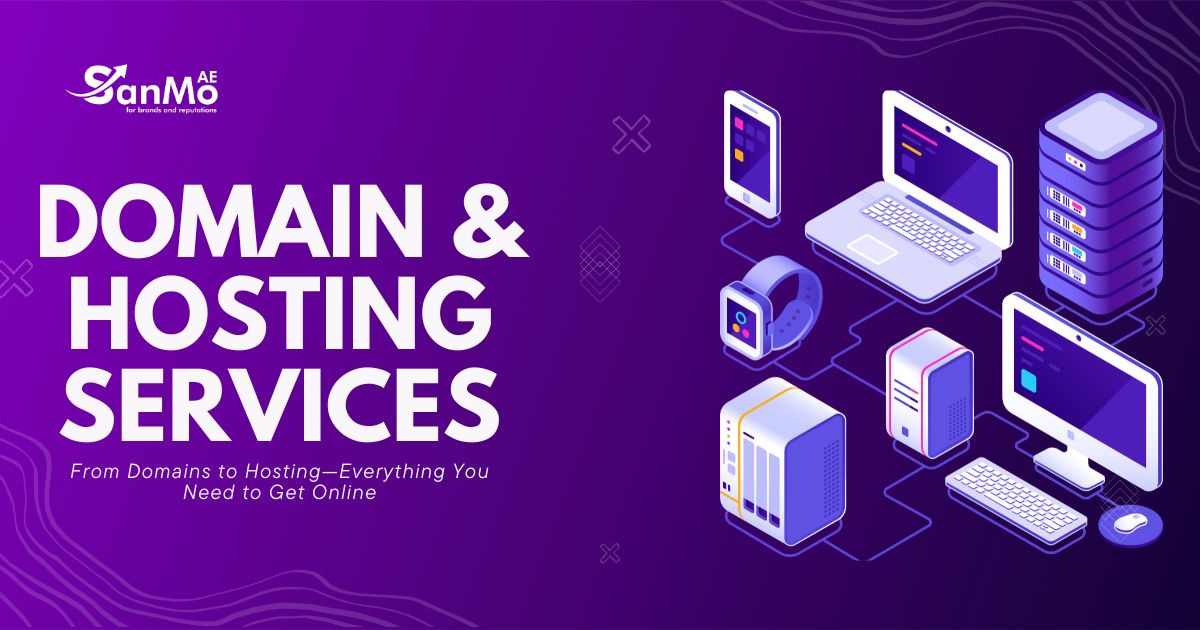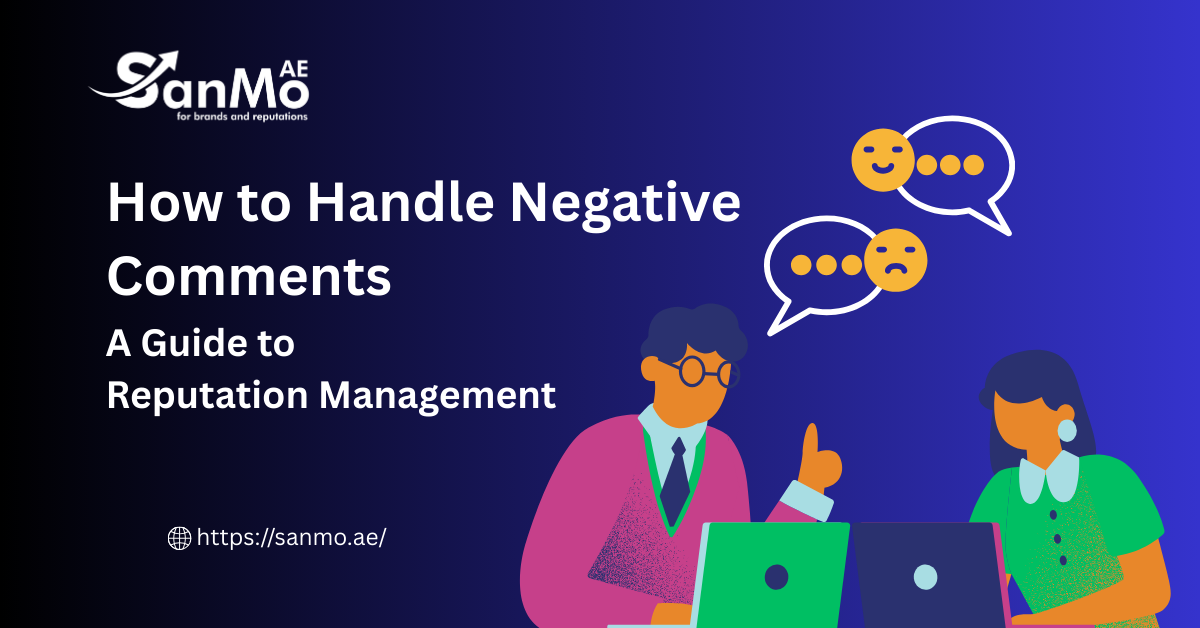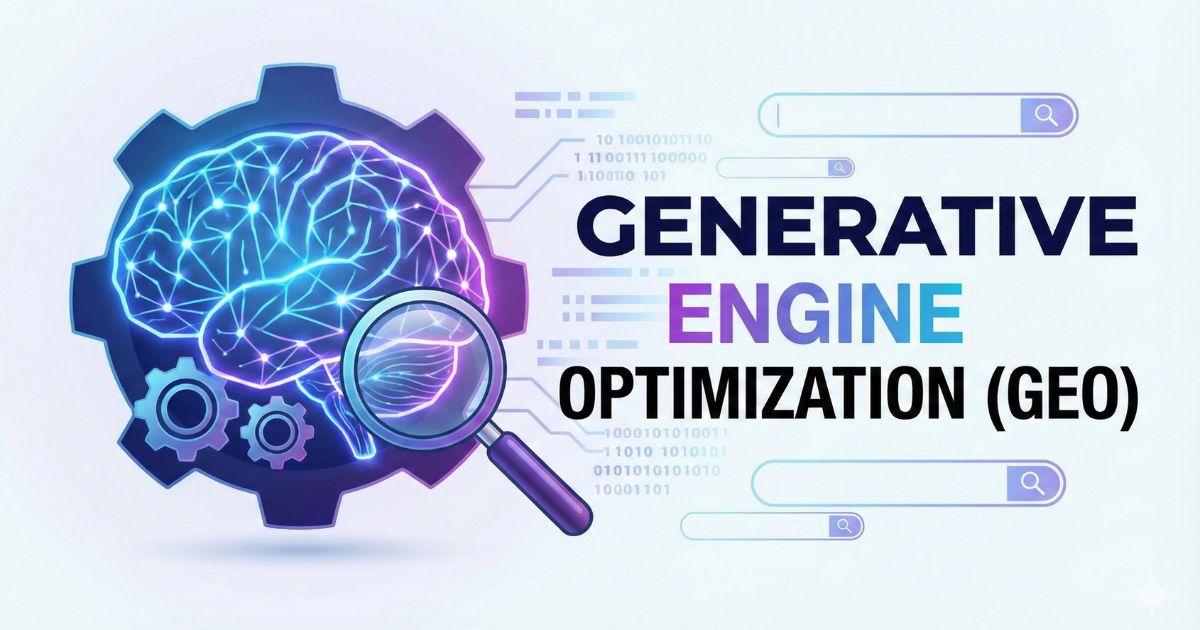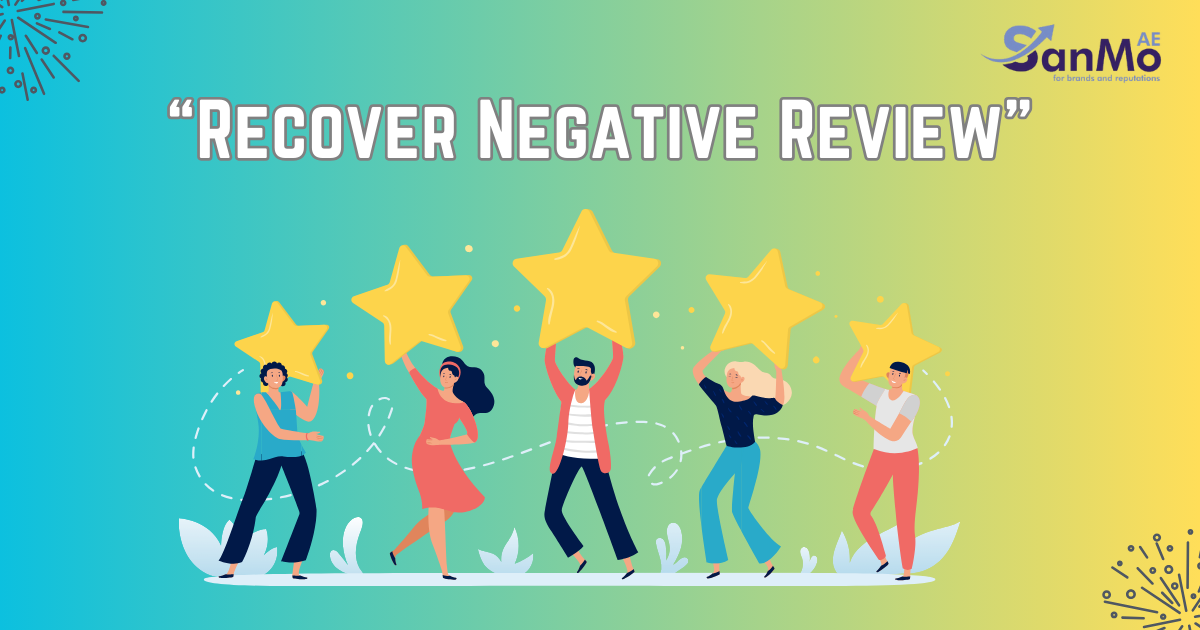Starting a business online requires two fundamental building blocks: a domain name and web hosting. Think of your domain as your digital address and hosting as the land where your website lives. Without these essential services, your business simply cannot exist on the internet.
Many entrepreneurs underestimate the importance of choosing the right domain and hosting services. These decisions impact everything from your brand recognition to your website’s performance and search engine rankings. Poor choices can lead to slow loading times, frequent downtime, and lost customers.
This guide will walk you through everything you need to know about domain and hosting services. You’ll learn how to choose the perfect domain name, select reliable hosting, and avoid common pitfalls that could derail your online success. Whether you’re launching your first website or switching providers, these insights will help you make informed decisions.
Understanding Domain Services
A domain name serves as your website’s unique identifier on the internet. When customers type your domain into their browser, it directs them to your website. Your domain becomes part of your brand identity, email addresses, and marketing materials.
Domain registration involves purchasing the rights to use a specific web address for a set period, typically one year. You don’t actually own the domain permanently—you lease it from domain registrars who manage the global domain name system.
Key Domain Considerations
Brand Alignment: Your domain should reflect your business name or primary keywords. Short, memorable domains perform better than long, complicated ones. Avoid hyphens, numbers, and confusing spellings that might confuse potential visitors.
Extension Selection: While .com remains the gold standard for most businesses, numerous alternatives exist. Consider .org for nonprofits, country-specific extensions for local businesses, or industry-specific options like .tech for technology companies.
Legal Protection: Register multiple variations of your domain to prevent competitors from using similar names. Consider common misspellings, different extensions, and hyphenated versions of your primary domain.
Domain Management Best Practices
Keep your registration information current and enable auto-renewal to prevent accidental expiration. An expired domain can be purchased by competitors or domain squatters, potentially costing you thousands to recover.
Set up domain privacy protection to keep your personal information out of public WHOIS databases. This service prevents spam and protects your privacy while maintaining legal ownership of your domain.
Exploring Web Hosting Options
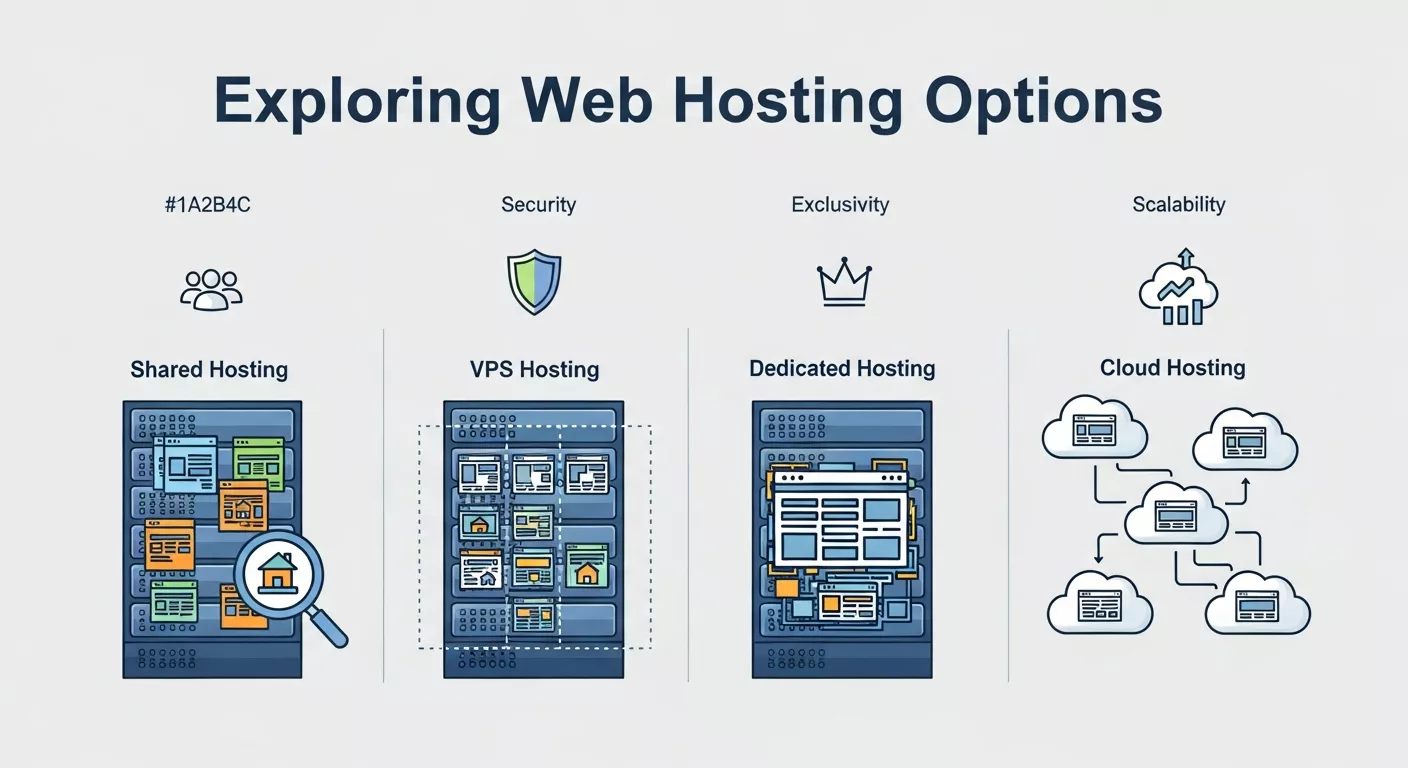
Web hosting provides the server space and technology needed to make your website accessible to visitors. Different hosting types offer varying levels of performance, security, and control.
Shared Hosting
Shared hosting places multiple websites on the same server, making it the most affordable option. Resources like processing power, memory, and storage are divided among all sites on the server. This option works well for small businesses, blogs, and new websites with limited traffic.
The main drawbacks include slower performance during peak times and limited customization options. If another website on your server experiences high traffic or technical issues, it can affect your site’s performance.
Virtual Private Server (VPS) Hosting
VPS hosting provides dedicated resources within a shared server environment. You receive guaranteed processing power, memory, and storage that other sites cannot access. This option offers better performance and more control than shared hosting while remaining cost-effective.
VPS hosting suits growing businesses that need more resources than shared hosting can provide, but don’t require a dedicated server. You can customize server settings and install specific software based on your needs.
Dedicated Server Hosting
Dedicated hosting provides an entire server exclusively for your website. You have complete control over server configuration, security settings, and resource allocation. This option delivers maximum performance, security, and customization capabilities.
Large businesses with high-traffic websites, e-commerce platforms, or specific compliance requirements often choose dedicated hosting. The higher cost reflects the exclusive access to server resources and enhanced security features.
Cloud Hosting
Cloud hosting distributes your website across multiple servers, providing excellent scalability and reliability. If one server fails, others automatically take over, ensuring minimal downtime. Resources can be scaled up or down based on traffic demands.
This hosting type particularly benefits businesses with fluctuating traffic or seasonal spikes. You pay only for the resources you use, making it cost-effective for many applications.
Choosing the Right Provider
Selecting domain and hosting services requires careful evaluation of multiple factors. Your choice affects website performance, security, and long-term costs.
Performance Metrics
Uptime Guarantees: Look for providers offering at least 99.9% uptime guarantees. Frequent downtime directly impacts your revenue and search engine rankings. Check independent monitoring reports rather than relying solely on provider claims.
Loading Speed: Server location, hardware quality, and network infrastructure all influence loading times. Choose providers with data centers close to your target audience and solid-state drives (SSDs) for faster performance.
Scalability Options: Your hosting needs will grow with your business. Ensure your provider offers easy upgrade paths without requiring complex migrations or extended downtime.
Security Features
SSL Certificates: Modern websites require SSL certificates to encrypt data transmission and boost search rankings. Many providers include free SSL certificates, while others charge additional fees.
Backup Services: Regular automated backups protect against data loss from hardware failures, cyber attacks, or human error. Verify backup frequency, retention periods, and restoration processes.
Security Monitoring: Advanced threat detection, malware scanning, and DDoS protection help safeguard your website from various security risks.
Customer Support Quality
Technical issues can arise at any time, making reliable customer support crucial. Evaluate support channels, response times, and staff expertise. Look for providers offering 24/7 support through multiple channels, including phone, chat, and email.
Test support quality before committing by asking technical questions during the sales process. The quality of pre-sales support often reflects the level of ongoing customer service you can expect.
Common Mistakes to Avoid When Choosing Domain & Hosting Services
When it comes to selecting the right domain and hosting services for your business, it’s easy to overlook some critical details. These oversights can lead to unnecessary costs, poor performance, or even the loss of your online presence. To help you avoid these pitfalls, here are some of the most common mistakes entrepreneurs make when choosing domain and hosting services—and how to steer clear of them.
1. Choosing the Cheapest Option Without Considering Quality
Many businesses, especially startups, are drawn to the lowest-cost domain and hosting options. While saving money is important, going for the cheapest plan can come with serious drawbacks. Low-cost hosting plans often come with slower performance, limited storage, and fewer security features. Likewise, cheap domain registration might result in poor customer support or surprise renewal costs down the road.
How to avoid it: Balance cost with quality. Look for providers that offer solid uptime guarantees, fast load speeds, and good customer support. Understand that cheap doesn’t always mean the best value in the long term.
2. Not Considering Scalability
As your business grows, so will your website traffic and hosting requirements. Opting for a hosting plan that suits your needs today may not be enough tomorrow. Failing to choose a scalable solution can result in needing a migration later, which can cause downtime and added stress.
How to avoid it: When selecting hosting, think about the future. Choose a provider that offers scalable plans, from shared hosting to VPS or dedicated servers. This will allow you to upgrade as your website grows without hassle.
3. Ignoring SSL and Security Features
In today’s digital world, online security is more important than ever. Choosing a hosting provider that doesn’t offer basic security features, such as an SSL certificate or advanced threat monitoring, can put your business at risk. SSL certificates are crucial for securing customer data and boosting search rankings, while lack of security measures leaves your website vulnerable to cyber-attacks.
How to avoid it: Always check that SSL certificates, DDoS protection, and regular malware scanning are part of your hosting package. If SSL isn’t included, consider purchasing one separately or looking for a hosting provider that offers free SSL.
4. Overlooking Customer Support Quality
Technical issues can arise at any time, and having access to reliable customer support is critical. Some hosting providers have slow response times or offer limited support channels. This can be disastrous if your website goes down or encounters problems at critical moments.
How to avoid it: Before committing to a provider, test their customer support by reaching out with a technical question or concern. Look for a hosting company that provides 24/7 support via multiple channels—phone, email, and chat—and has a reputation for fast, helpful responses.
5. Forgetting About Domain Privacy Protection
When you register a domain, your personal information, such as your name, address, and phone number, is typically listed in the public WHOIS database. Without domain privacy protection, your contact information is exposed to potential spammers, scammers, or competitors.
How to avoid it: Always opt for domain privacy protection, which hides your personal details from the public WHOIS database. This service is usually inexpensive and provides valuable protection for your privacy.
6. Failing to Understand Renewal and Hidden Fees
It’s common for domain registrars and hosting providers to offer attractive first-year pricing, only to hike the rates in subsequent years. Similarly, some providers have hidden fees for services like backups, security features, and software updates.
How to avoid it: Read the fine print and check renewal rates before committing. Ensure you understand the full cost of ownership, including any setup fees, ongoing monthly or annual charges, and additional costs for services like SSL certificates, backups, and email hosting.
7. Not Verifying Uptime Guarantees
Downtime can significantly affect your business, whether it leads to lost revenue, frustrated customers, or damaged credibility. Some providers may advertise high uptime percentages but fail to meet these promises when it matters most.
How to avoid it: Choose a hosting provider that offers at least a 99.9% uptime guarantee. Make sure to check independent uptime monitoring reports and reviews to verify their claims. Frequent downtime can negatively impact your website’s user experience and search engine rankings.
8. Ignoring Backups and Data Recovery Options
Losing website data due to server crashes, cyber-attacks, or human error can have devastating consequences. Some hosting services may not include regular backups, leaving you unprepared if something goes wrong.
How to avoid it: Ensure your hosting provider includes automated backups and easy data recovery options. Set up a regular backup schedule, even if it’s manual, to protect your website’s content and data.
9. Choosing the Wrong Domain Extension
Your domain extension (e.g., .com, .org, .net) plays a role in how your website is perceived. A .com extension is still the most common and professional, but other extensions may be more relevant for your business type. Choosing the wrong extension could confuse visitors or make your website appear less credible.
How to avoid it: Consider your business goals and target market when choosing a domain extension. If you’re a nonprofit, a .org may be a better fit than a .com. Alternatively, industry-specific extensions like .tech or .store can help signal your business niche to potential customers.
10. Not Setting Up Auto-Renewal
Forgetting to renew your domain registration or hosting plan can result in unexpected downtime or the loss of your domain name. Some businesses don’t set up auto-renewal and miss critical renewal dates.
How to avoid it: Set up auto-renewal for both your domain and hosting services to avoid accidental expiration. Always keep your registration and billing information up to date to ensure seamless renewals.
Cost Considerations and Budgeting
Domain and hosting costs vary significantly based on your requirements and chosen providers. Understanding pricing structures helps you budget effectively and avoid unexpected expenses.
Domain Pricing Factors
Registration costs depend on the domain extension, registrar, and current market demand. Popular .com domains typically cost $10-15 annually, while premium domains can cost hundreds or thousands of dollars.
Renewal rates sometimes differ from initial registration prices. Some registrars offer attractive first-year pricing but increase renewal costs significantly. Always check renewal rates before making long-term commitments.
Hosting Investment Levels
Basic shared hosting plans start around $3-10 monthly, while dedicated servers can cost $100-500 or more per month. Cloud hosting pricing varies based on usage, making it difficult to predict exact costs.
Consider the total cost of ownership, including setup fees, SSL certificates, backup services, and technical support. Some providers bundle these features while others charge separately for each service.
Managing Your Digital Assets
Effective management of domain and hosting services ensures optimal performance and prevents costly problems.
Monitoring and Maintenance
Regular monitoring helps identify performance issues, security vulnerabilities, and capacity constraints before they impact visitors. Set up automated alerts for downtime, slow loading times, and security threats.
Keep software, plugins, and security patches current to maintain optimal performance and security. Outdated software creates vulnerabilities that attackers can exploit.
Planning for Growth
As your business expands, your domain and hosting needs will evolve. Plan upgrade paths and budget for increased resource requirements. Monitor traffic patterns, storage usage, and performance metrics to determine when upgrades become necessary.
Consider geographic expansion and international domain registrations if you plan to serve customers in multiple countries. Different regions may have specific domain requirements or preferences.
Building Your Online Foundation
Domain and hosting services form the cornerstone of your online presence. These fundamental decisions influence every aspect of your digital business, from customer experience to search engine visibility.
Take time to research providers thoroughly, read customer reviews, and test support quality before making commitments. The cheapest option rarely provides the best long-term value, so balance cost considerations with performance and reliability requirements.
Start with services that meet your current needs while offering clear upgrade paths for future growth. This approach allows you to scale efficiently without major disruptions to your online operations.
Frequently Asked Questions (FAQ)
1. What is the difference between a domain and hosting?
- Domain: Your domain name is your website’s unique address on the internet (e.g., www.yourbusiness.com). It’s how people find your website.
- Hosting: Web hosting refers to the service that stores your website’s files and makes them accessible to visitors on the internet. Without hosting, your website would have nowhere to live.
2. Can I buy a domain and hosting from different providers?
Yes, you can. While many providers offer both domain registration and hosting services, you are free to choose different companies for each. Just make sure your domain’s DNS settings point to the correct hosting provider to ensure your website functions properly.
3. How do I choose the best domain name for my business?
- Keep it short, memorable, and relevant to your business.
- Avoid using numbers, hyphens, or difficult-to-spell words.
- Make sure it’s easy to type and pronounce.
- Include relevant keywords if possible for better SEO.
4. What domain extensions should I choose?
- .com is the most popular and credible for most businesses.
- .org is often used by nonprofits.
- .tech, .store, and other industry-specific extensions can help clarify your business niche.
- If you’re targeting a specific country, consider a country-code extension like .co.uk for the UK or .ca for Canada.
5. Do I need SSL for my website?
Yes, an SSL (Secure Socket Layer) certificate encrypts the data transferred between your website and its visitors, ensuring privacy and security. It’s also a ranking factor for search engines like Google. Many hosting providers offer free SSL certificates, but if yours doesn’t, it’s advisable to purchase one.
6. What is shared hosting, and is it right for my business?
Shared hosting is the most affordable type of hosting where multiple websites share the same server. It’s suitable for small businesses and websites with low to moderate traffic. However, as your website grows, you may experience slower speeds or limitations, and it might be time to consider upgrading to VPS or dedicated hosting.
7. What is VPS hosting, and when should I switch to it?
VPS (Virtual Private Server) hosting gives you dedicated resources within a shared server environment, offering more control and better performance than shared hosting. It’s ideal for businesses that are growing, need more control over server settings, or experience higher traffic than what shared hosting can handle.
8. Can I upgrade my hosting plan later?
Yes, most hosting providers allow you to upgrade your hosting plan easily as your business grows. Whether you need to move from shared hosting to VPS or VPS to dedicated servers, many providers offer simple upgrade paths without requiring a complete migration.
9. What should I do if my website goes down?
First, contact your hosting provider’s customer support to diagnose the issue. Many providers offer 24/7 support to quickly resolve issues. Additionally, having a regular backup schedule will ensure that your data is safe, and you can restore your website in case of an issue.
10. What is domain privacy protection, and do I need it?
Domain privacy protection (also known as WHOIS privacy) prevents your personal contact information from being publicly visible in the WHOIS database. It protects you from spam, identity theft, and unwanted solicitations. While it’s not mandatory, it’s highly recommended for privacy and security reasons.
Get Started with SanMo AE Today
Looking for domain registration and hosting services that support your business at every stage? With SanMo AE, you get reliable, scalable solutions backed by expert support. Let us help you create an online presence that drives results.
Get Started Today with a tailored solution for your website’s domain and hosting needs.

